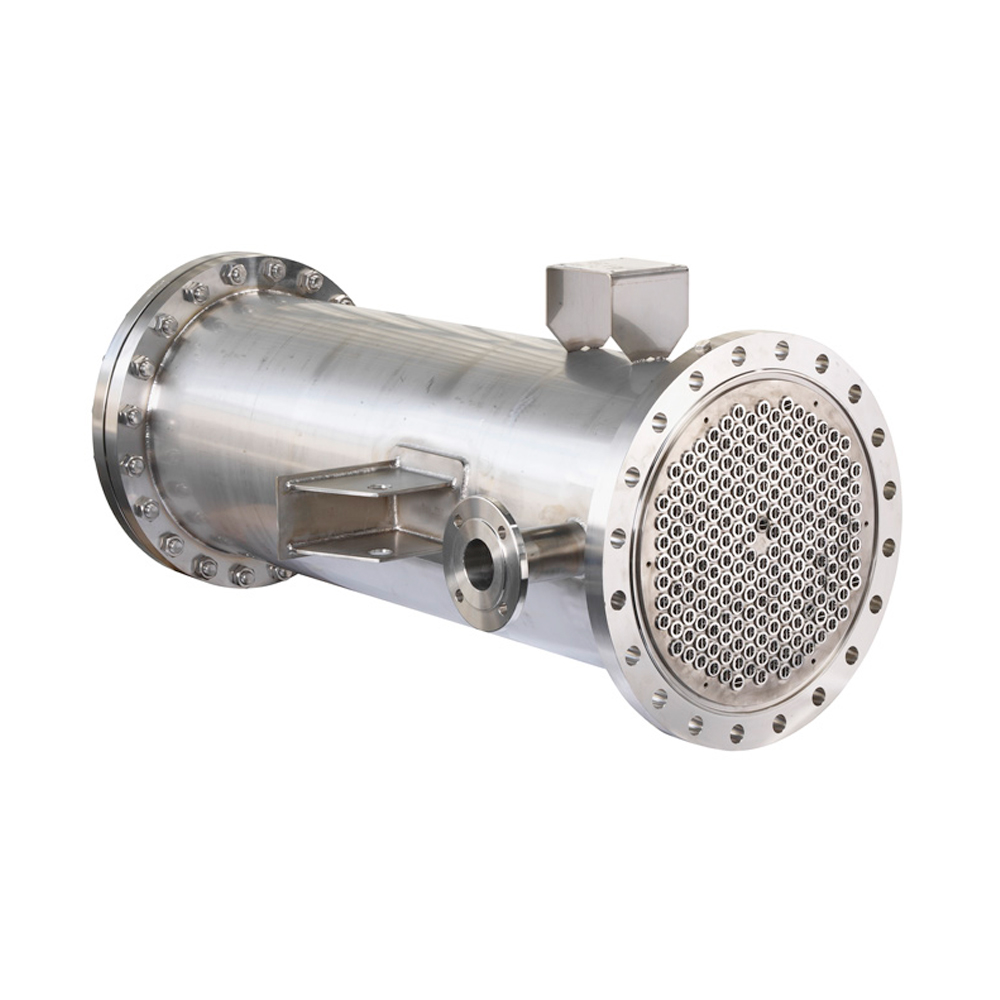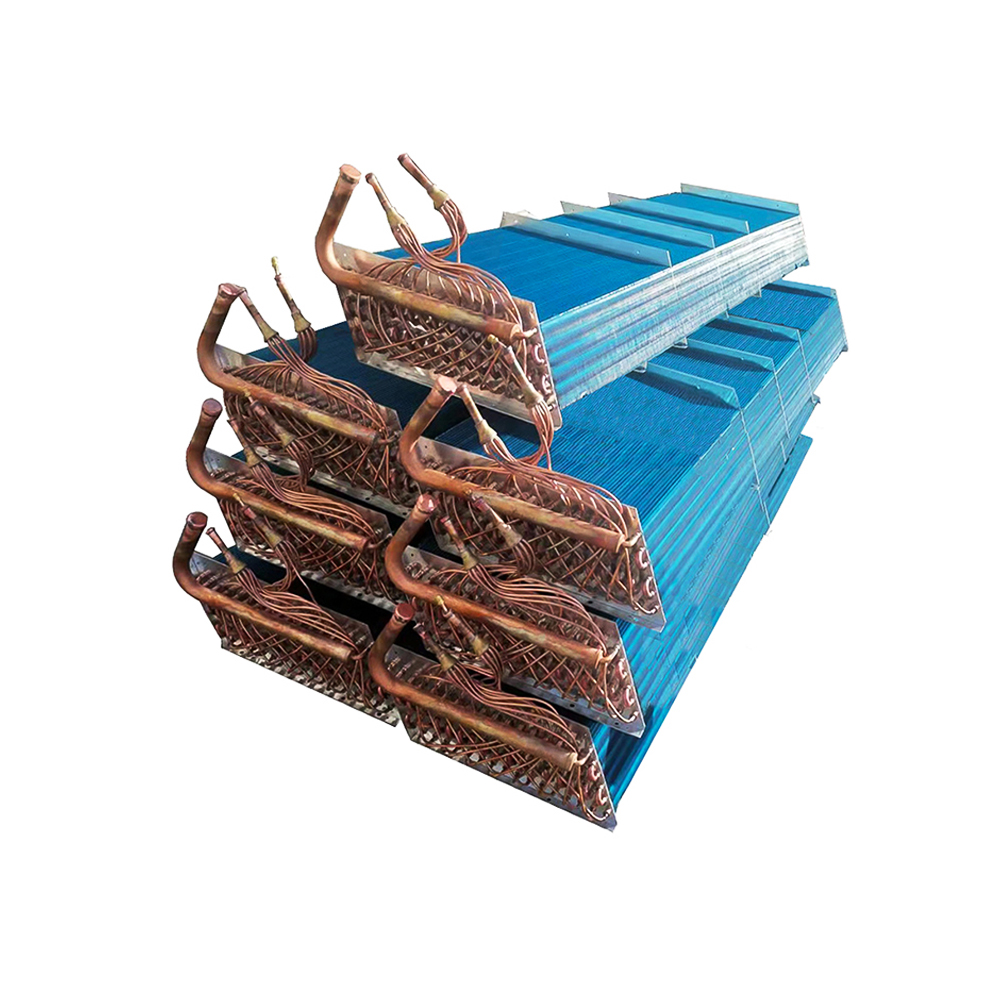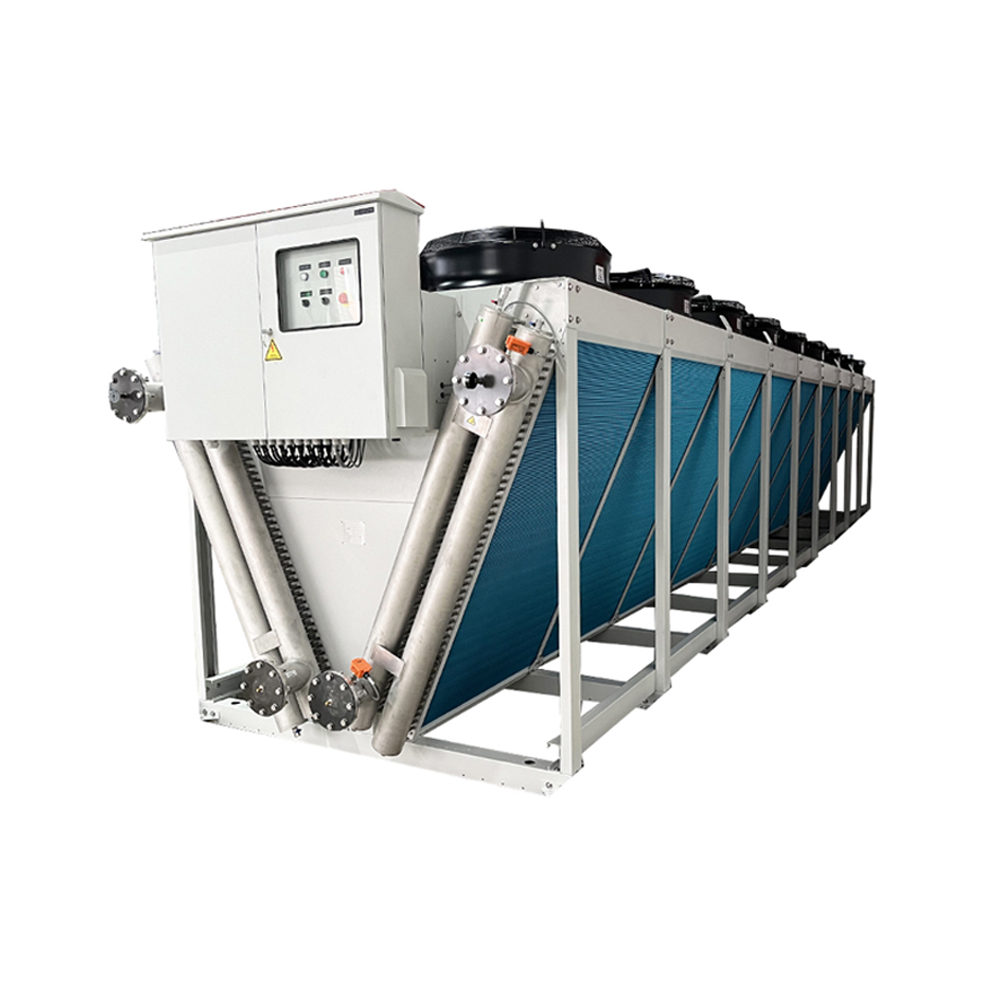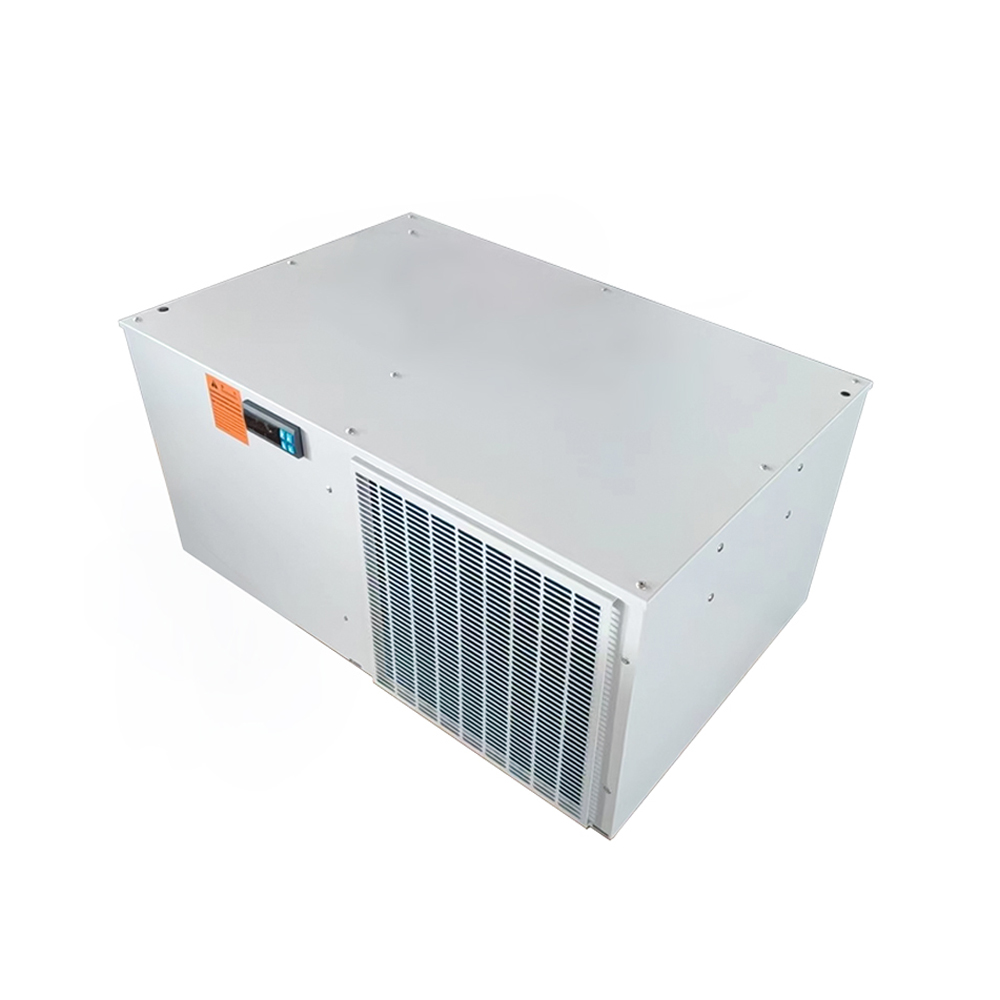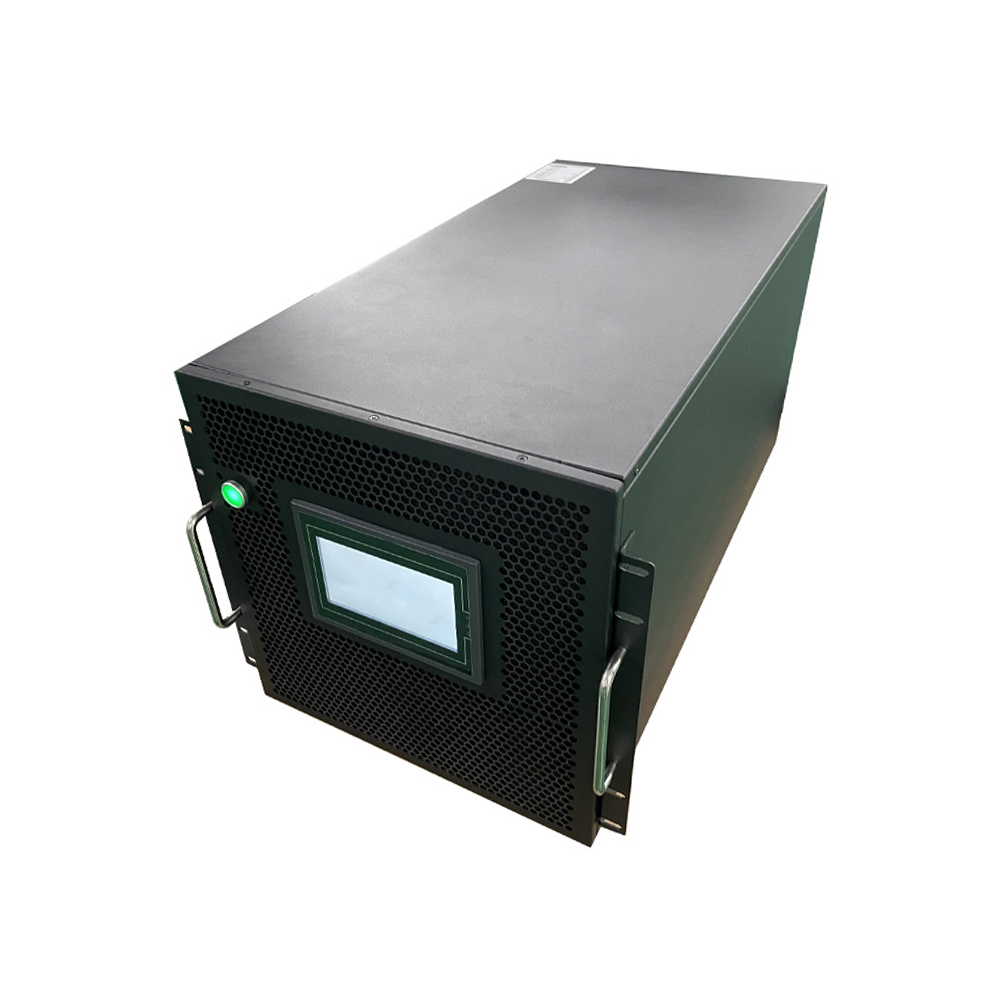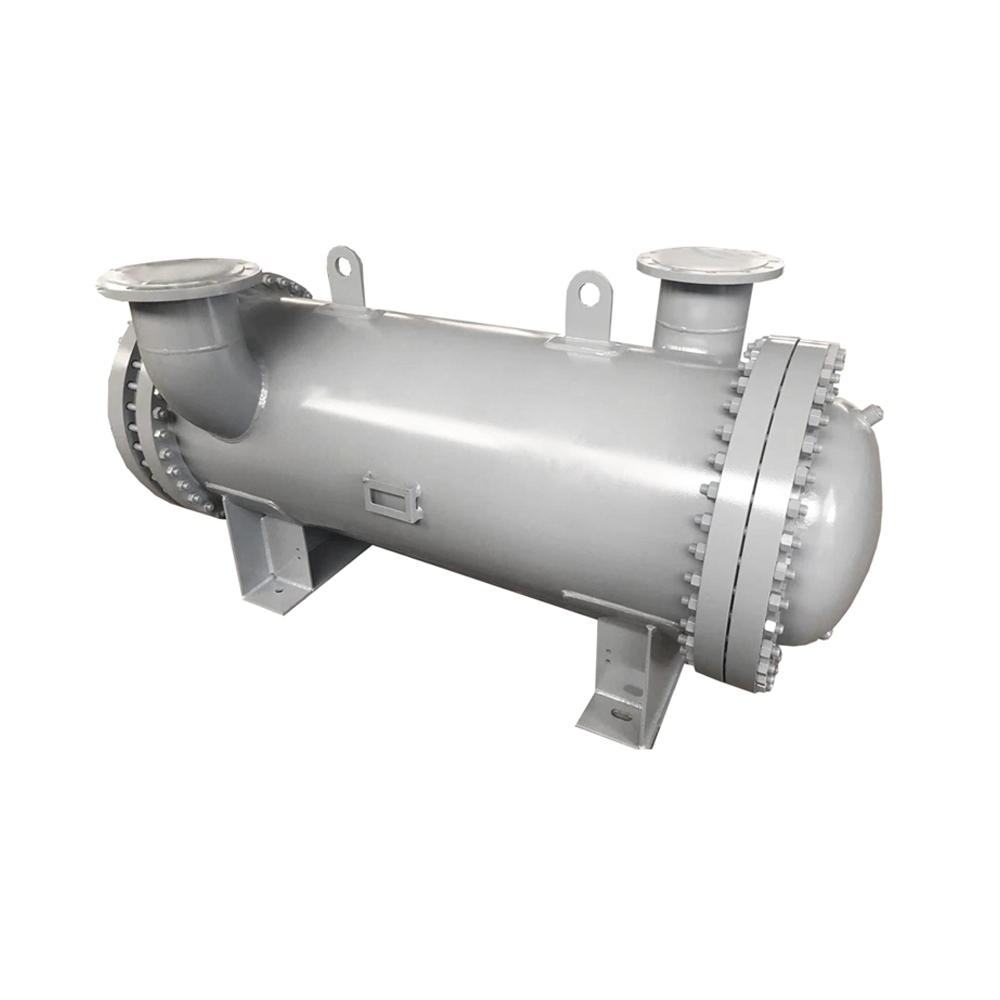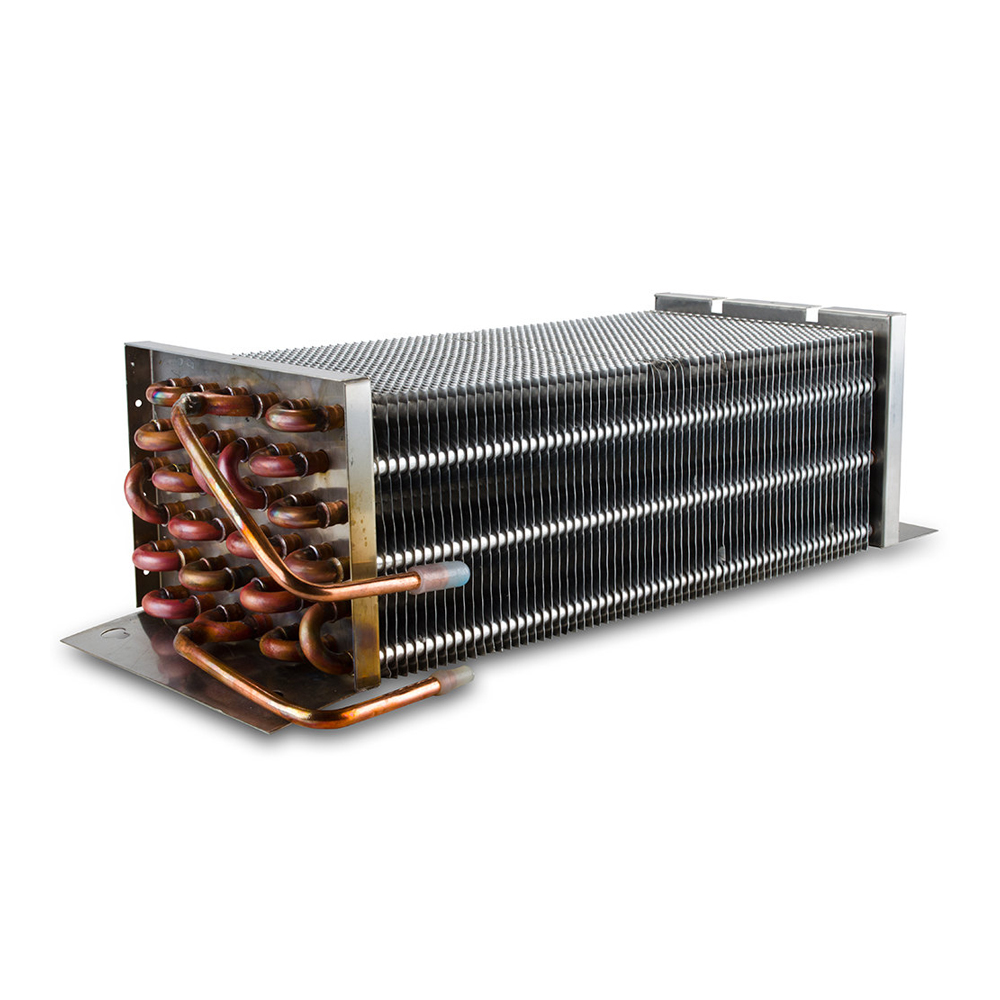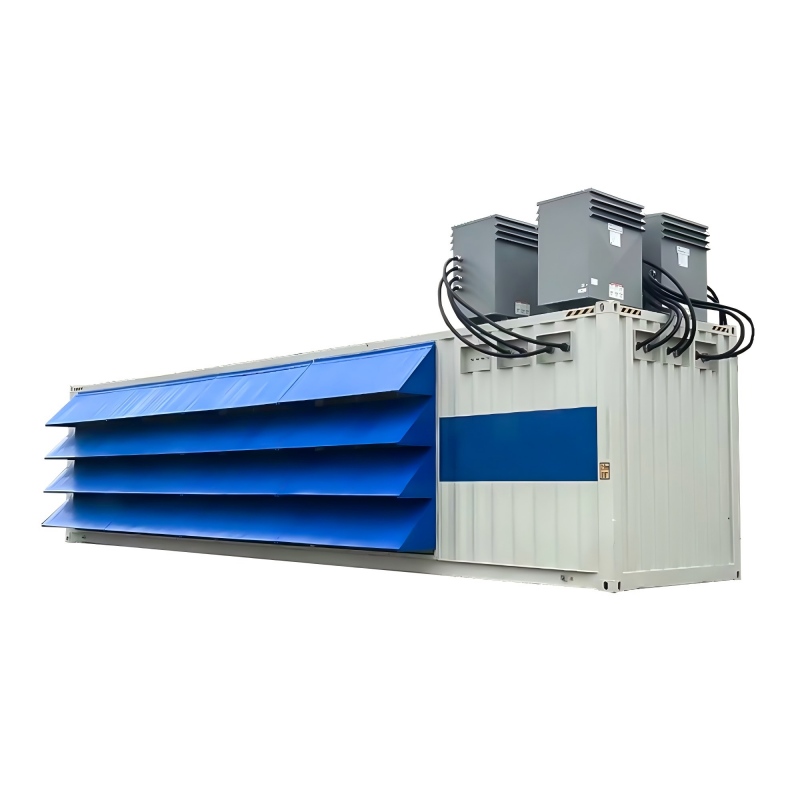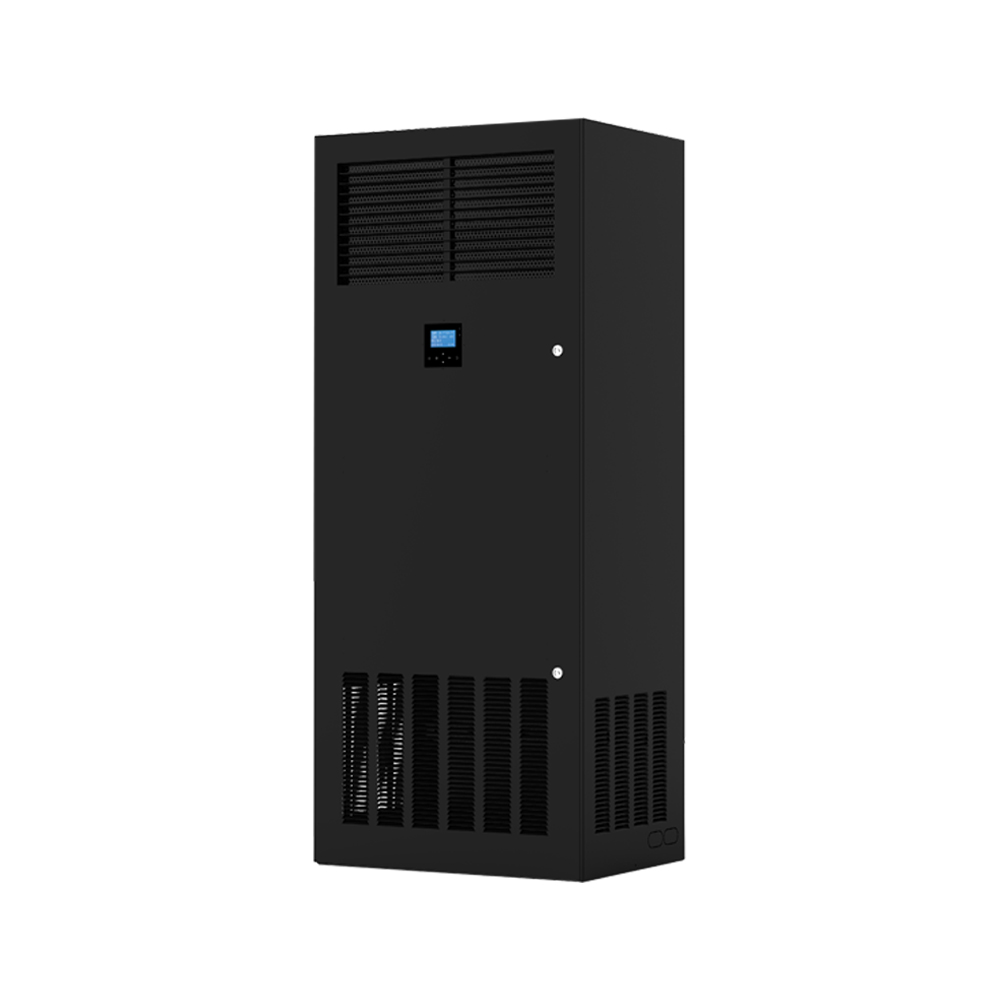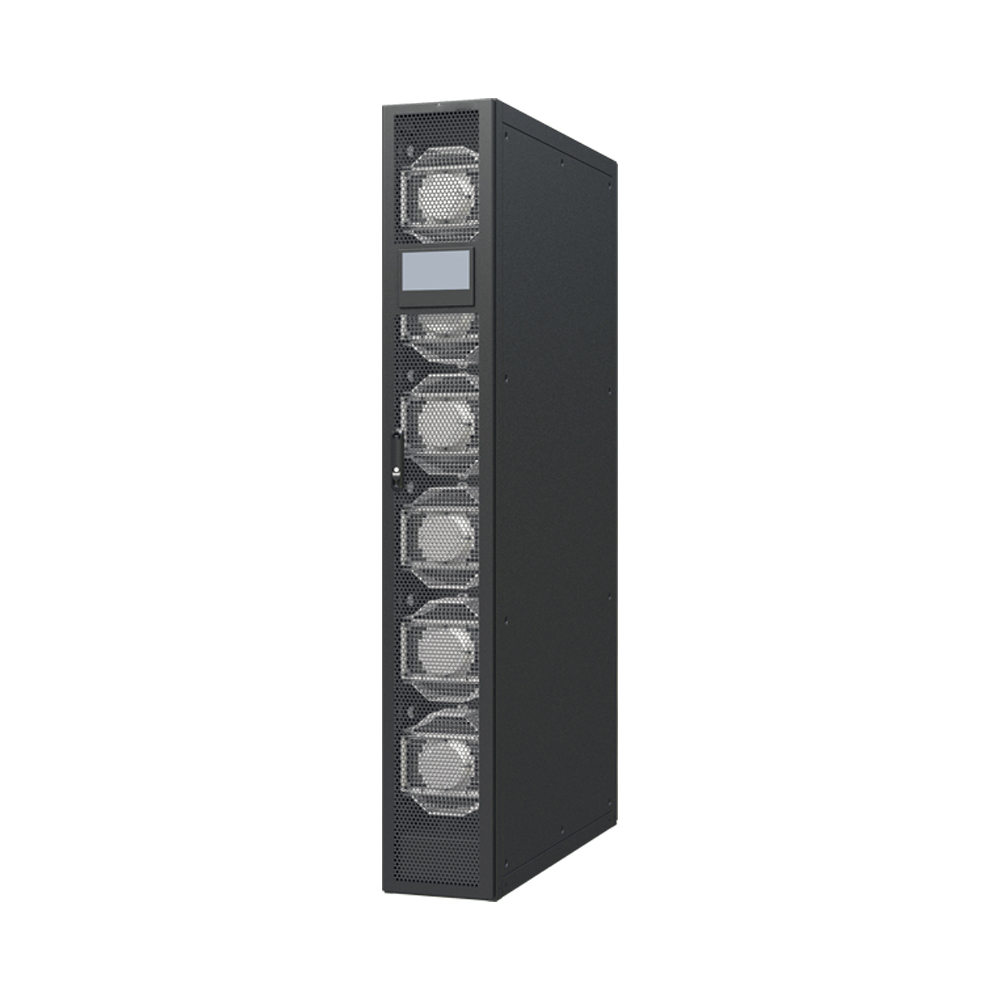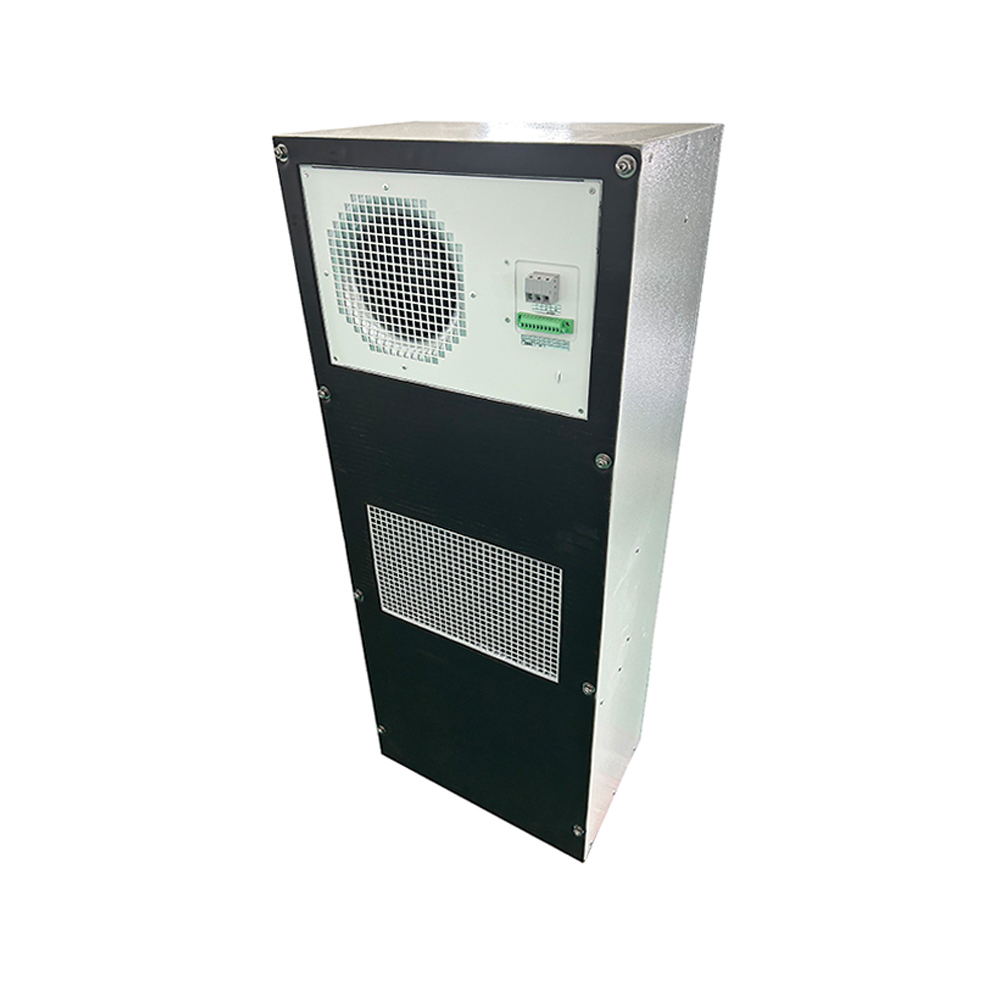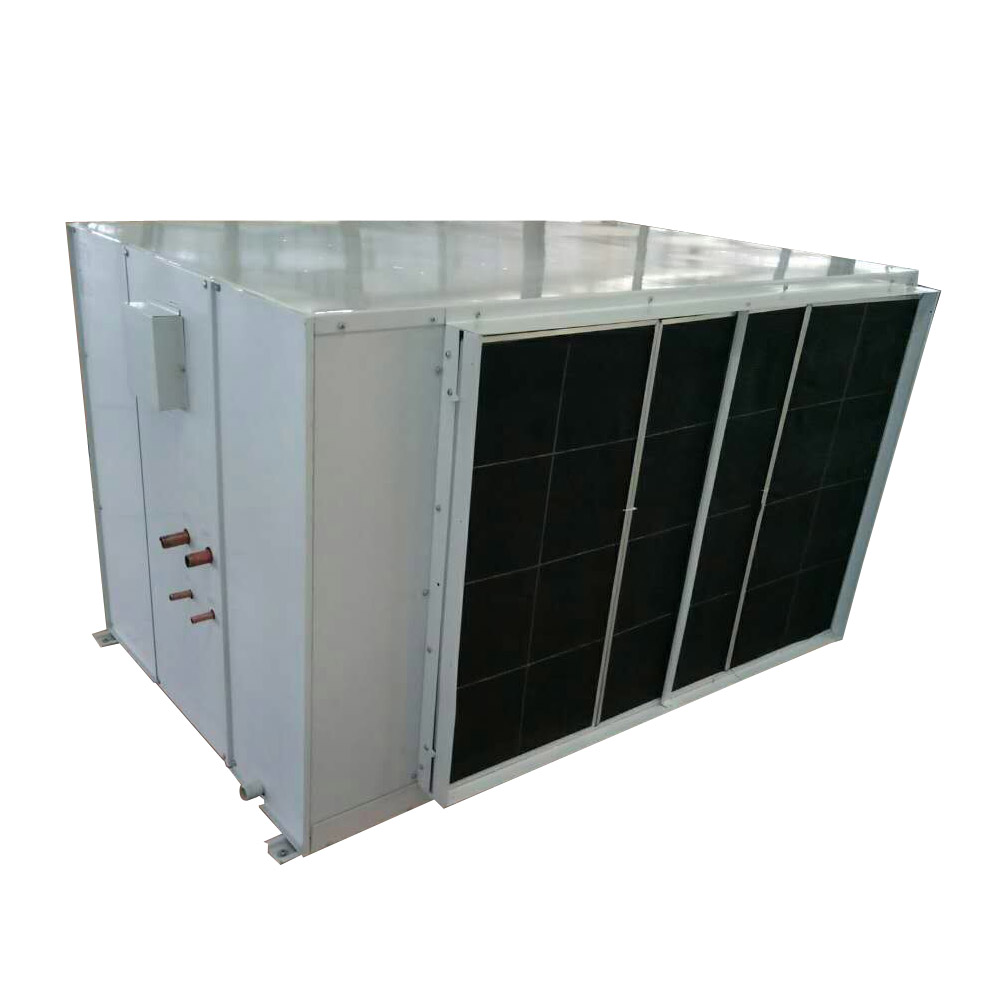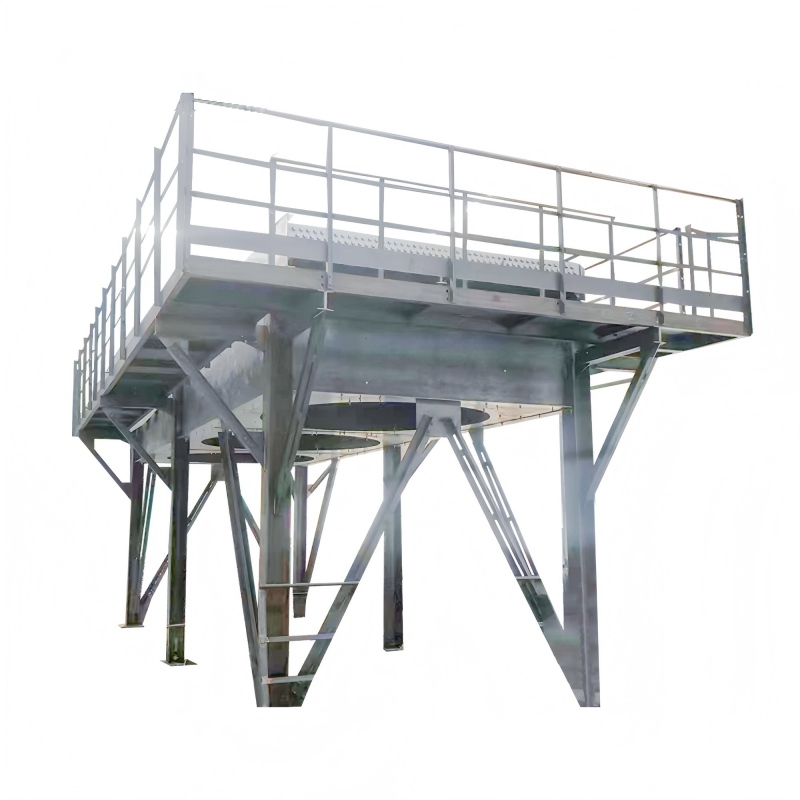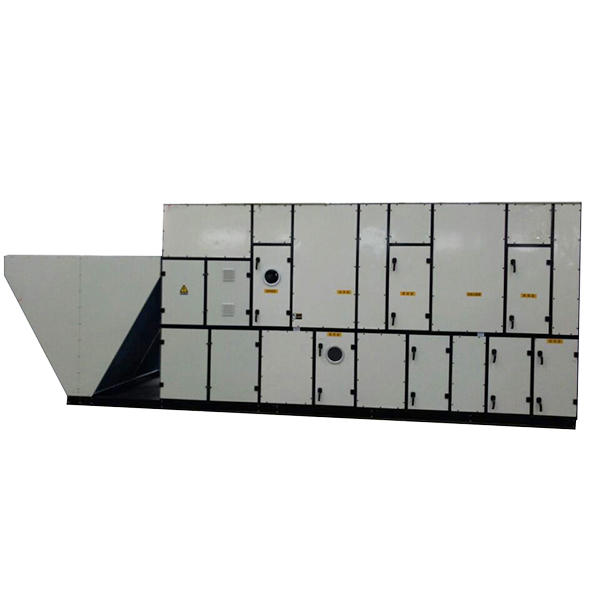Commercial Air Handler Unit: A Comprehensive GuideChoosing the right commercial air handler unit is crucial for maintaining a comfortable and productive environment in any commercial space. This guide provides a detailed overview of commercial air handler units, covering their types, features, selection criteria, and maintenance. We'll explore everything you need to know to make an informed decision for your specific needs.
Understanding Commercial Air Handler Units
A
commercial air handler unit is a crucial component of a heating, ventilation, and air conditioning (HVAC) system. Unlike residential units, these are designed for larger spaces and often handle higher air volumes and more demanding climate control needs. They work in conjunction with a separate heating or cooling source (like a chiller, boiler, or heat pump) to circulate conditioned air throughout a building. The unit itself handles the movement, filtration, and sometimes humidity control of the air. Choosing the right size and type is essential for optimal efficiency and comfort. We can help you select the best
commercial air handler unit for your project, so contact Shanghai SHENGLIN M&E Technology Co.,Ltd at [https://www.ShenglinCoolers.com/](https://www.ShenglinCoolers.com/) to discuss your requirements.
Types of Commercial Air Handlers
There are several types of
commercial air handler units available, each with its own strengths and weaknesses: Horizontal Air Handlers: These units are designed to be installed horizontally, often in attics or crawl spaces. They are commonly used in smaller commercial spaces. Vertical Air Handlers: These units are taller and narrower, ideal for situations where space is limited. They're frequently seen in multi-story buildings. Packaged Air Handlers: These units combine the air handler and heating/cooling components in a single package. This simplifies installation and reduces the overall footprint. Split Air Handlers: In this configuration, the air handler and heating/cooling components are separate, allowing for greater flexibility in placement and system design.
Key Features to Consider
When selecting a
commercial air handler unit, consider these critical features: Capacity (CFM): This refers to the volume of air the unit can move per minute, a key factor in determining the appropriate size for your space. Efficiency (SEER/EER): Higher SEER (Seasonal Energy Efficiency Ratio) and EER (Energy Efficiency Ratio) ratings mean lower energy consumption and operating costs. Filtration: Effective filtration is vital for removing pollutants and allergens from the air. Look for units with high-MERV (Minimum Efficiency Reporting Value) filters. Controls: Advanced controls allow for precise temperature and humidity regulation, enhancing comfort and energy efficiency. Smart controls are increasingly popular, providing remote monitoring and management capabilities. Sound Levels: Noise levels are an important consideration, especially in spaces where quiet operation is essential.
Selecting the Right Commercial Air Handler Unit
The selection process involves several steps:1. Assess Your Space: Carefully measure the area to be cooled or heated to determine the required capacity.2. Consider Your Climate: Extreme temperatures may require units with higher capacity and enhanced insulation.3. Determine Your Budget: The cost of a
commercial air handler unit varies significantly depending on features and capacity.4. Consult with a Professional: Working with an HVAC specialist ensures that you choose the right unit for your specific needs.
Factors Affecting Air Handler Unit Selection
| Factor | Description |
| Building Size and Layout | Larger buildings require higher capacity units; complex layouts may necessitate multiple units. |
| Occupancy | Higher occupancy levels require more robust cooling and heating capabilities. |
| Climate Zone | Units in warmer climates need higher cooling capacity. |
| Budget | Balance performance with cost-effectiveness. |
Maintenance and Troubleshooting
Regular maintenance is crucial for extending the lifespan of your
commercial air handler unit and maintaining optimal performance. This includes: Regular filter changes: Replace filters according to the manufacturer's recommendations. Coil cleaning: Clean evaporator and condenser coils to remove dirt and debris. Annual inspections: Schedule professional inspections to identify potential problems early on.Addressing any issues promptly can prevent costly repairs in the long run.
Conclusion
Choosing the appropriate
commercial air handler unit is a significant decision impacting comfort, efficiency, and operating costs. Careful consideration of the factors outlined above will help you select the ideal unit for your needs. Remember to consult with a qualified HVAC professional to ensure a smooth installation and long-term performance. Contact Shanghai SHENGLIN M&E Technology Co.,Ltd at [https://www.ShenglinCoolers.com/](https://www.ShenglinCoolers.com/) for expert advice and high-quality
commercial air handler units.









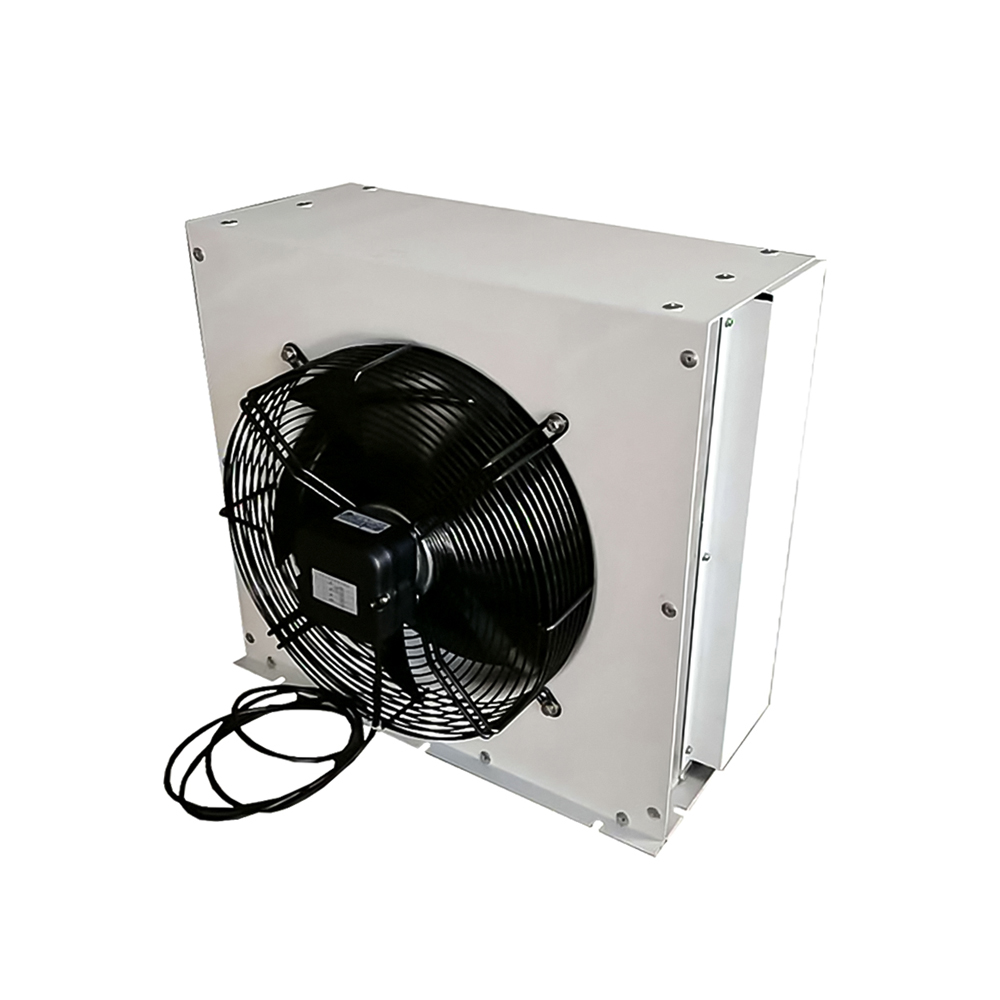
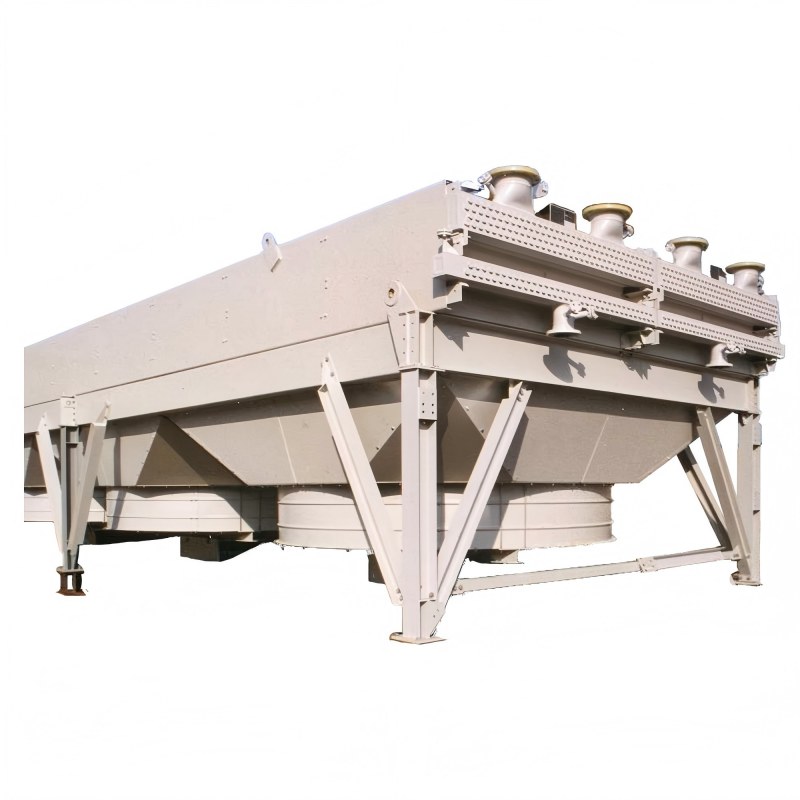
.jpg)
